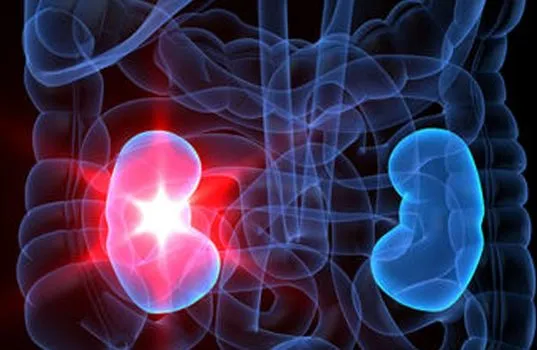Chronic renal disease is an important public health problem that affects approximately 10 percent of the Spanish adult population and more than 20 percent of those over 60 years of age and, in people with diabetes, the figure of affected is triggered until the40 percent, according to the Spanish Society of Nephrology.
And it is that one of the risks of chronic renal disease is related to the fact that it does not manifest until there hasThey point out from the Vithas group.
Therefore, they remember that it is essential that those who gather risk factors
(Arterial hypertension, diabetes, family history, more than 60 years, cholesterolemia, between
others) are subjected to nephrological controls, in order to stop chronic kidney disease from the beginning.
This is related to the fact that these risk factors are classified as non -modifiable and modifiable, so it is important to take the necessary preventive measures so that chronic renal disease does not go anymore.
The simple change in habits towards more hygienic-saludable is one of the first measures that the patient with chronic kidney disease can carry out, as well as control blood pressure, diabetes mellitus, repeated renal cramps, prostate growtho Cholesterol and uric acid levels require proper medical monitoring.
All this is important since, "next to the heart and lungs, the kidneys function as a target organs of the human body as long as they accuse or respond more sensitively to any toxic attack or process that develops in the organism," according to thecluster.
In addition, they emphasize that the kidneys carry out some of the most determining functions for health such as blood filtering, which allows to eliminate toxins and excess liquids through urine;blood pressure control;or the regulation in the production of red blood cells.



